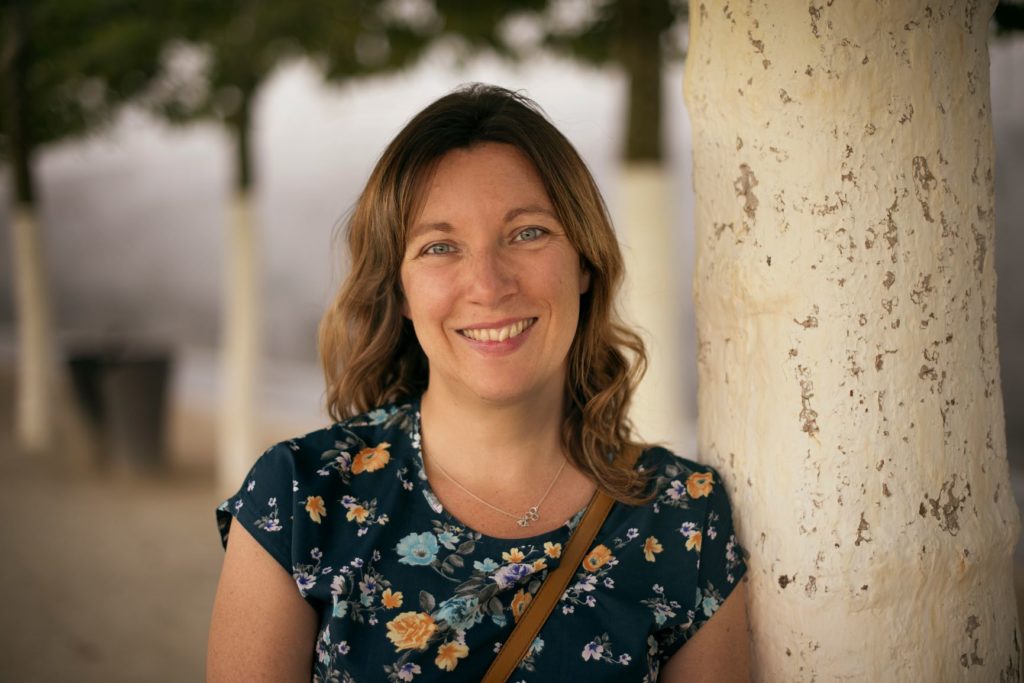This blog about Studying for a MSc degree was written by Jennifer Ruthe, a MSc Global Health student at The Humanitarian and Conflict Response Institute at the University of Manchester.
I always wanted a masters, but it wasn’t until I hit my thirties that I found an area I wanted to study. I’d been fundraising for five years by that time, mostly in health and international development. I loved the causes I worked for and knew that I wanted a career in ‘Global Health’.
As an English graduate, I was worried I didn’t have the qualifications to back this up. I thought studying for a MSc degree would give me this. More than anything though, I just wanted to learn. I love the subject, and this was my chance to find out more!
I did my homework and an MSc with the HCRI fit the bill
nicely. Not only was it linked to the Red Cross and MSF (both heroes in my
book) it was online, part-time and more affordable than most. So in October
2016 I took a deep breath and logged on to ‘Blackboard’ for the very first
time. I handed in my final dissertation last month – and as I look back on
three years’ of study, there are a few things I’d like you to know…
Basic facts about studying for a MSc degree
- You don’t have to be a medic. Given the subject matter, I assumed everyone else would be a doctor or an aid worker, and that they would all have a background in health. I had done some short-courses, but mostly I’d learned on the job. I needn’t have worried. Course intake was really varied and working in programme funding gave me a solid foundation to build on. My experience with funders also proved useful and I was pleased to share my professional insight. Who knew fundraising was so versatile?
- I had to overcome ‘the fear’. I used to get butterflies every time I contributed to online discussions, opening a conversation thread expecting to be told I was wrong. Of course, it never happened. I really started to enjoy the group discussions. My confidence grew and I liked the chance to be more informal and creative. I used to go to a local café to write my entries. Coffee and cake are great study aids!
- It takes up a lot of time. They aren’t lying when they estimate 15-20 hours of study a week. It comes in peaks of course – but the average is about right. I’m a geek, so I probably did more work than I needed to (yes, I read the ‘extra’ readings). But don’t underestimate how much time it takes. My husband was so supportive. He never once questioned the evenings and weekends it took. Post-graduate study is a commitment, and when you’re fitting it around a job, family and social life you’re going to need those time management skills!
- It gave me real credibility: Even in the first year, I could tell the difference. I felt like this course validated my experience and gave my opinion more weight. For most of the three years I was fundraising for a specialist children’s hospital in South Africa. It was the perfect match. I could take what I was learning and apply it straight to my job. Some of the areas I would write about were quite technical and my study helped give me the knowledge, skills and confidence I needed to go that extra mile.
- Okay, so it did take over a bit… I found myself going to events on global health, reading books on global health (‘And the Band Played On’, ‘War Games’ and ‘Getting to Zero’ are favourites) and even watching more health-themed films! I missed having people to talk to about it. That’s the downside of distance learning. Fortunately group projects meant I was able to connect with some others on the course and a few of us linked up on WhatsApp. As students I think it’s important to take every opportunity to engage. Not only do you learn from each other, the friendships I made really helped me through!
A commitment
Studying for an MSc degree is a big commitment. Three years is a long time and the material definitely gets more difficult. My dissertation was the one of the hardest things I’ve ever done. It was so much work, and there were times when I felt like giving up. But when I clicked ‘submit’ I knew I had done my absolute best. I would love to get a distinction, but as long as I pass I’m happy.
I’ve decided to start my own business as a professional charity copywriter (www.writtenbyjen.com). I want to use my MSc to specialise in health and international development. Maybe one day I’ll even write for the Red Cross and MSF! That would be amazing. But first thing’s first. Marks are due out in November. So until then, wish me luck!
Next Steps
- Search and compare a number of Masters courses
on MastersCompare.co.uk
- Sign up to receive
the latest updates straight to your inbox
- Find out more about the Masters Compare £5000 Postgraduate
Scholarship
*This blog post was first published on
The Humanitarian and Conflict Response Institute website. Published with
permission.
